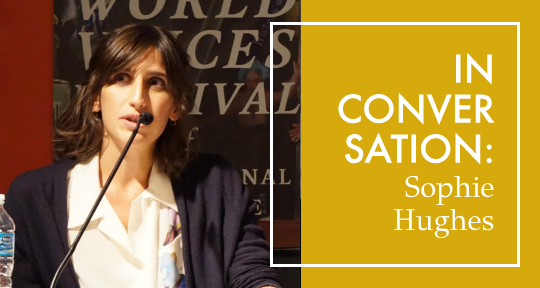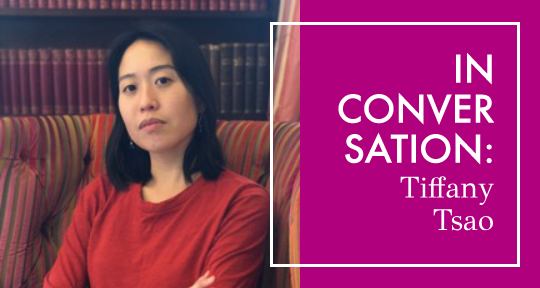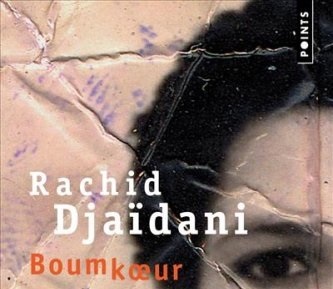Bad Girls by Camila Sosa Villada, translated from the Spanish by Kit Maude, Other Press, 2022
The night belongs to the marginalized, the outcast, the exile. It is here, amidst the shadows, that Camila Sosa Villada unveils the world of the travestis of the small Argentinian city of Córdoba. The daily tragedies encoded on the bodies of her companions are the backbone of her novel Bad Girls, but so too are moments—brief as a stab—brimming with beauty in which life on the margins does not seem impossible after all.
The English translation of the Spanish original, undertaken by Kit Maude, begins with a semantic manifesto by the author on the reappropriation of the word “travesti,” a Spanish slur used in the nineties to describe people who were assigned male at birth but develop a feminine gender identity. Sosa Villada, who herself identifies that way, rejects the idea of sanitizing her existence and that of her companions with other categories such as “trans women” or “transsexuals.” On the contrary: “I reclaim the stonings and spittings, I reclaim the scorn,” she declares emphatically. To identify herself in other terms would mean to erase her life and all the baggage of living in a society capable of using violence to reassure cisheteronormativity.
Bad Girls is an autofictional story, and the author serves as our narrator, recounting the time in her twenties during which she had to do sex work to survive. The novel begins one cold night with a caravan of travestis looking for customers in Sarmiento Park when an extraordinary incident occurs: Auntie Encarna—their 178-year-old leader—saves an abandoned child from a certain death in a ditch, “like a veterinary midwife shoving her hands into a mare to pull out a foal.” The child’s symbolic birthing has a visceral impact, as are most of the author’s descriptions in the novel. Her style can be described as what the Spanish author Ramón del Valle-Inclán called esperpento (roughly equivalent to “grotesque”), which is a literary technique used to examine the systematic deformation of reality by accentuating its most atrocious attributes. Sosa Villada’s prose constantly takes us to the limits and highlights the crudest details: “To thank her, he showed the dead snake that dangled from his knees,” is how she describes an elderly man seducing a prostitute. “She reached out for it and weighed it up like an artisanal salami at a country fair.”
After saving the child, Auntie Encarna decides to keep him despite opposition of the group. It is a transgression to the most conservative values engrained in Latin American (and indeed, most Occidental) societies: the rupture of the traditional family as the chosen family of travestis become the caretakers for Twinkle in Her Eye and endure the hatred of a neighborhood willing to terrorize a loving collective to defend their idea of how society should be organized.





